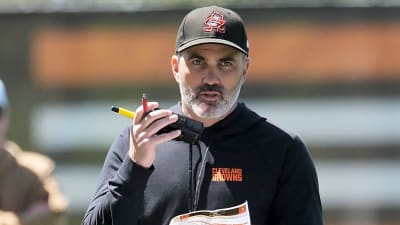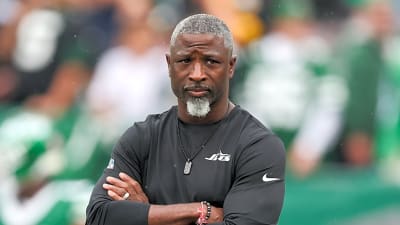
Leap year: Five NBA players whose games should rise in 2019-20
One of the great things about the NBA is the constant influx of talent. Several players every season show up to training camp looking noticeably better than they did the season before, brimming with a new sense of confidence — ready to make the "Leap."
Top players in the league typically make three "Leaps" during their careers.
The first is the ALL-STAR-LEAP, which typically occurs during a player's first couple of seasons. The player's game slows down for him, and he goes from flashing potential to consistently having a positive impact on winning games. Although we call it the "All-Star" Leap, it doesn’t mean the player needs to make the All-Star team per se — fan voting, conference imbalance and politics often play a role in how players are selected to the All-Star Game. Sacramento point guard De’Aaron Fox is a prime example. He made the All-Star Leap last season, his second in the NBA, as he increased his scoring (from 12 to 17 points per game), playmaking (from four to seven assists per game) and shooting effectiveness (from 41-31-72 to 46-37-73 on his shooting splits).
The second is the ALL-NBA LEAP. It is often the most obvious because it is usually accompanied by a new air of confidence and a nice bump in statistics. The player will start to carry himself like he’s the best on the court (and not in a Dion Waiters-JR Smith irrational confidence kind of way) and be able to go toe-to-toe with basically every player in the league on any given night. We witnessed the likes of Bradley Beal and Kemba Walker do this last season. An even more apt example of the All-NBA Leap is Victor Oladipo two seasons ago, when he went from being a decent two-guard to the two-way catalyst and go-to guy on a team that nearly took down LeBron James in the first round of the playoffs.
The third is the MVP LEAP, in which a player does everything at a superstar level and has a massive impact on his team’s success. His raw stats (points-rebounds-assists-blocks-steals) will be among the best in the NBA, his advanced stats (shooting efficiency, PER, win shares, offensive/defensive rating, etc.) will be elite, and his team will be able to compete with anyone primarily because of him. Although this is the rarest Leap, we were privy to witness Paul George (before his shoulder injury), Nikola Jokic and, most obviously, Giannis Antetokounmpo make this MVP Leap last season. Giannis, who won the MVP Award, carried the Bucks from a 40-win, seven-seed to a 60-win, one-seed in a season.
Now that we’ve established the three different Leaps NBA stars make, let’s take a crack at predicting this year’s Leap candidates.
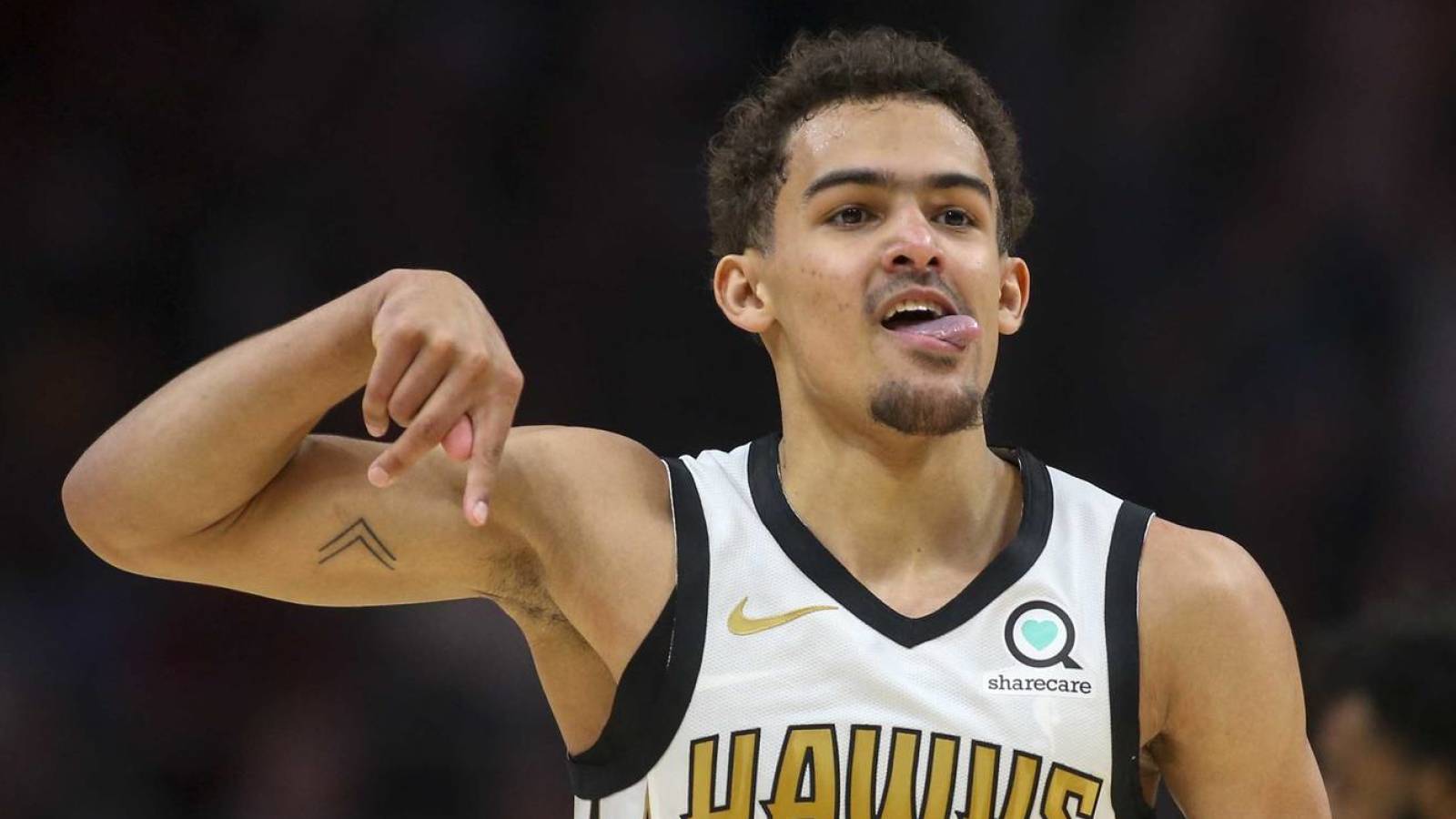
The All-Star Leap
TRAE YOUNG, Atlanta Hawks
Ice Trae’s rookie year was a tale of two seasons. Over the first 41 games, Young put up an inefficient 15.5 points and 7.3 assists with poor shooting splits (39-29-79). Then the light bulb switched on, and he started to make the All-Star Leap. Over his last 40 games, he increased his scoring to 22.8 points per game and playmaking to 8.9 assists per game and started shooting more like he did while at Oklahoma, with respectable 44-35-86 shooting splits. Statistically speaking, Young was an All-Star-level point guard in the Eastern Conference over the second half of last season.
But Ice Trae is going to do more in his sophomore season than merely match his second-half production: He’s going to emerge as one of the best young point guards in the league. What makes me so confident? Well, for one, Young improved every quarter of the season. In fact, in the final 21 games of the season, he averaged an eye-popping 25 points, nine assists and five rebounds.
For two, Young eased concerns many had about his ability to get his three-point shot off against NBA defenders by making approximately 58 percent of his three-pointers unassisted — a percentage point higher than Kemba Walker!
Finally, Young just has the look of a player who is going to be a superstar someday. He plays with a similar level of self-confidence that Steph Curry played with in his early career. He may never be as good as Curry, but he’s going to have a similar impact on defenses someday.
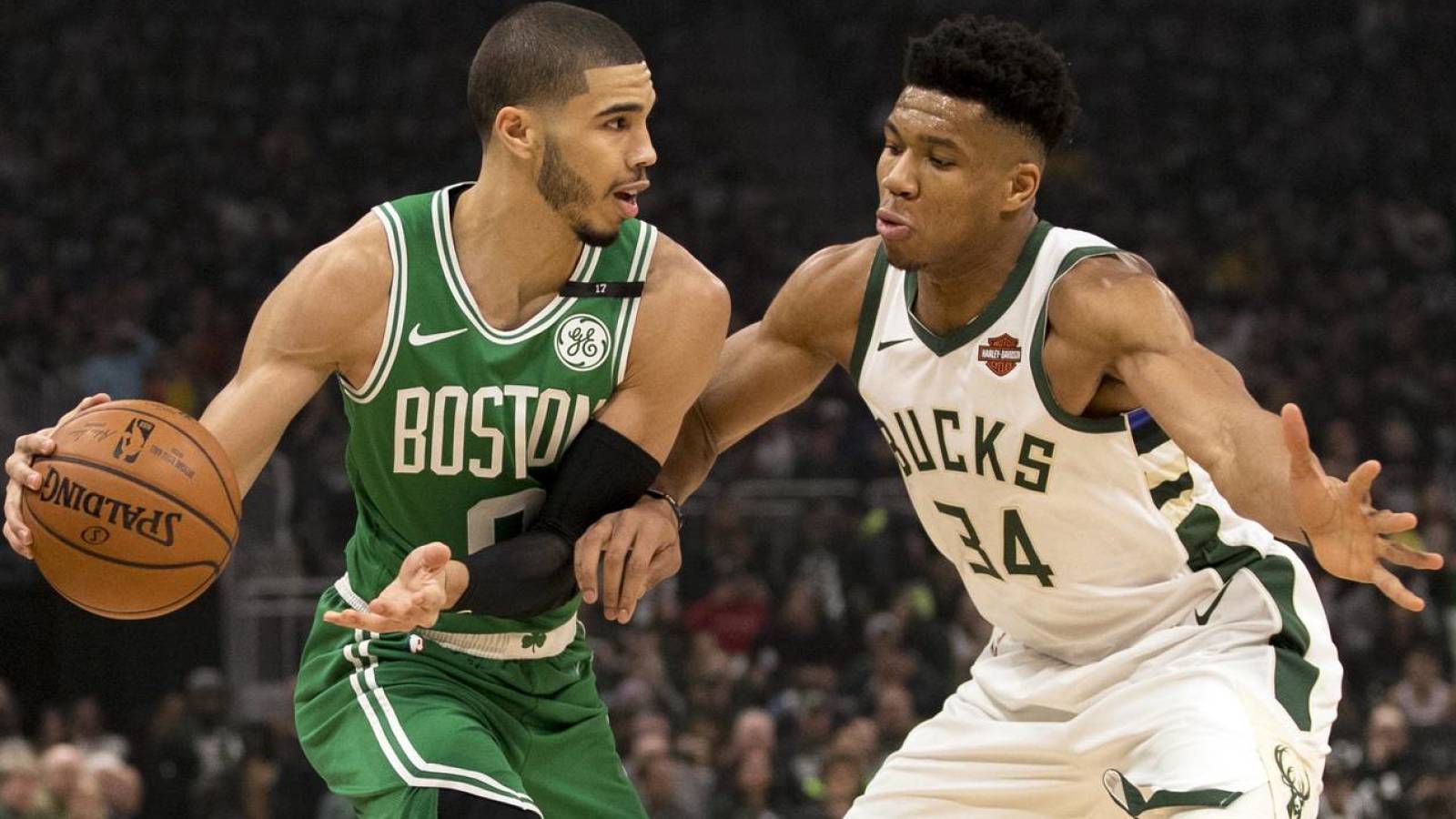
JAYSON TATUM, Boston Celtics
After Tatum showed signs of putting it all together during the playoffs in his rookie season, most expected him to make the All-Star Leap during his second season. Unfortunately, everything went to hell in 2018-19 for the Celtics, as the Kyrie Irving dynamic ruined the team’s chemistry and Tatum’s affinity for contested jump shots hurt his efficiency (shooting splits went from 48-43-83 to 45-37-86). Even more concerning was his drop in free-throw attempts (from 3.2 to 2.9 per game).
Tatum promises this season will be different. He spent the summer working on “getting to the basket much more” and shooting more three-pointers, layups and free throws. He’s talking the talk; let’s see if he can walk the walk. If Tatum does follow through on this mission, he will quickly become one of the best wing scorers in the league. With the losses of Irving and Al Horford, the Celtics will be reliant upon Tatum to do those three things at a high level this season, especially at the end of the shot clock.
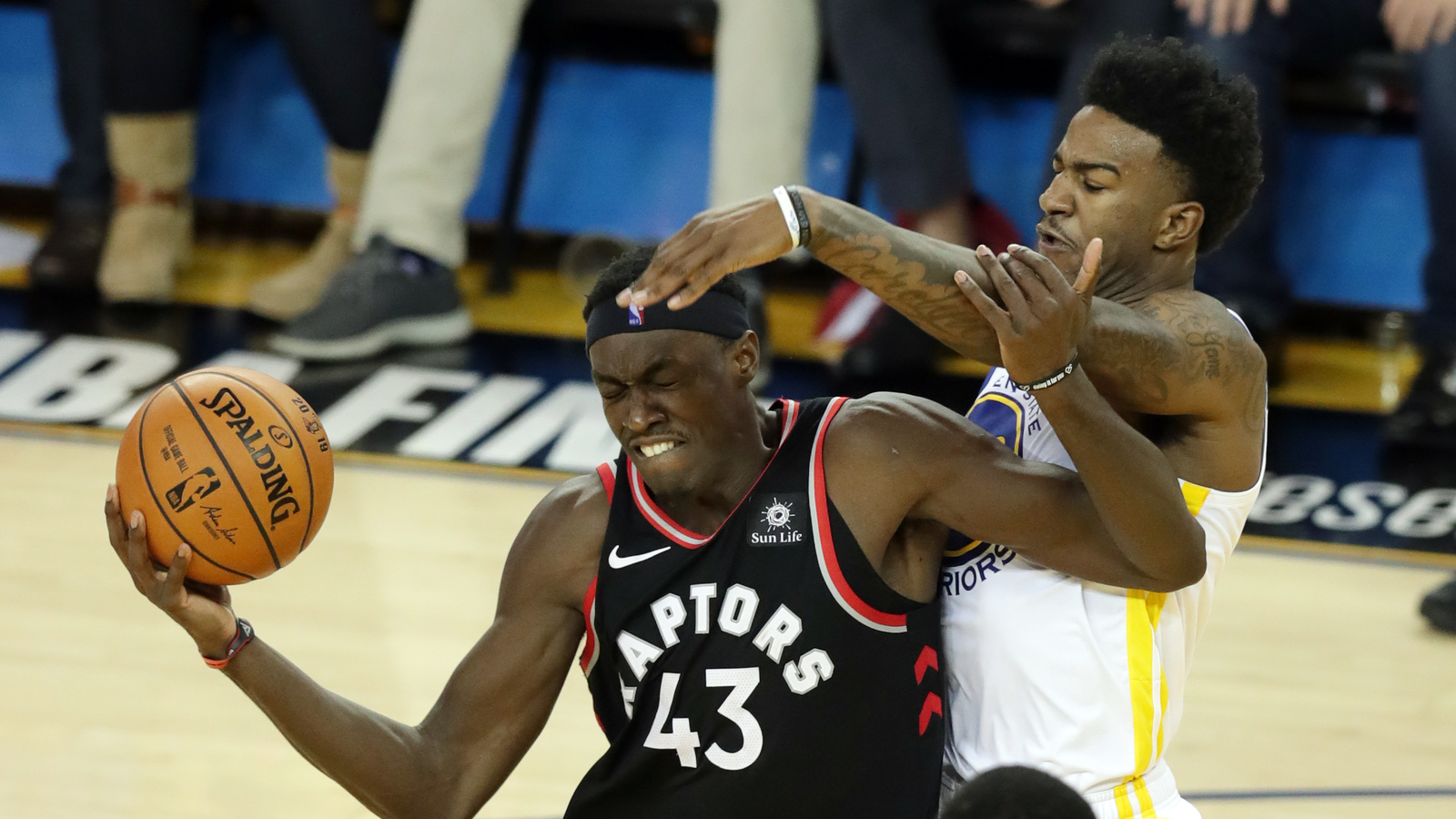
The All-NBA Leap
PASCAL SIAKAM, Toronto Raptors
Siakam’s 2018-19 season was the epitome of the All-Star Leap, as he went from averaging seven points, five rebounds and two assists to 17 points, seven rebounds and three assists. Fittingly, he won the NBA’s Most Improved Player Award. With no Kawhi Leonard this season, the Raptors will need Siakam to immediately make the next Leap -- to become an All-NBA player -- if the team wants to make another run in the Eastern Conference. Fortunately for Toronto, Siakam flashed the ability to step up his game when Kawhi was "load managing," averaging 19 points and eight rebounds. That's quite impressive, considering it was his first season as a starter.
Another indicator that Siakam might be poised for another Leap was his performance in the NBA Finals (20 ppg. and eight rpg.). His monster Game 1 (30 points and eight rebounds on 14-for-17 shooting) and excellent Game 6 (26 points and 10 rebounds) were arguably as important as any of Leonard’s big games. If Siakam can play like he did in the Finals on both ends of the court, he’ll receive plenty of All-NBA consideration.
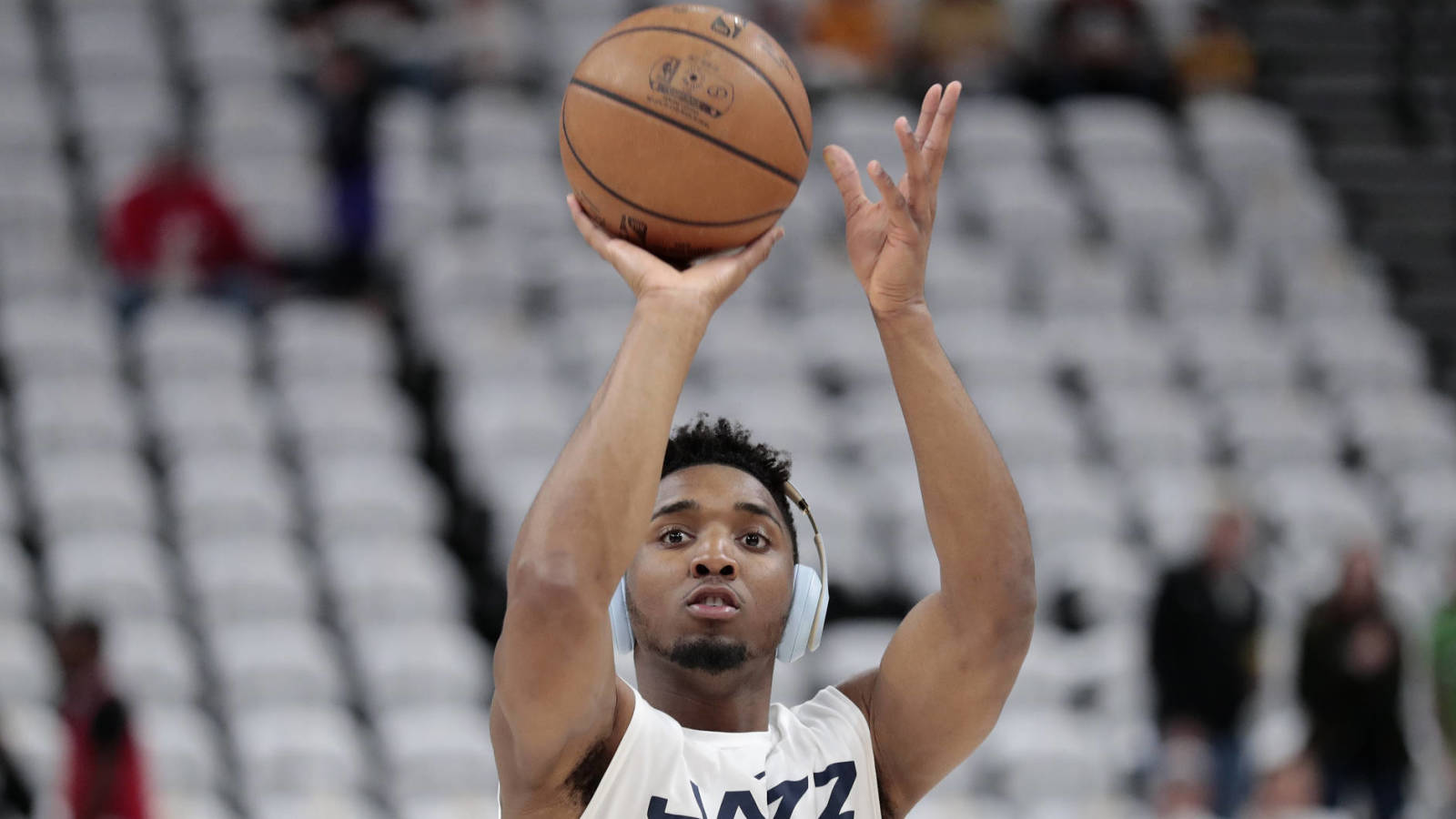
DONOVAN MITCHELL, Utah Jazz
Lost amid Team USA’s loss to France in the FIBA World Cup was Mitchell’s coming-out party, as he scored 29 points and started to emerge as the go-to guy. It was confirmation of some of the buzz that was coming out of Team USA’s training camp that Mitchell had taken his game to a new level. And when you look at the second half of Mitchell’s sophomore season, you see more evidence that an All-NBA Leap is imminent. Over the first half of his 2018-19 season, he averaged only 20 points, four rebounds and three assists. In the second half, he averaged 27 points, five rebounds and five assists per game.
With Mike Conley replacing Ricky Rubio, the Jazz should have much better spacing to allow Mitchell to use his Dwyane Wade-like explosiveness to get to the basket. If you’re looking for an active player comparison, look for Mitchell to have a 2017-18 Victor Oladipo-type season, in which he’s a two-way stud surrounded by a team full of excellent role players. The Jazz should be better than the Pacers were that season (they were a five-seed), and Mitchell should be Utah's go-to guy on offense and closer down the stretch.
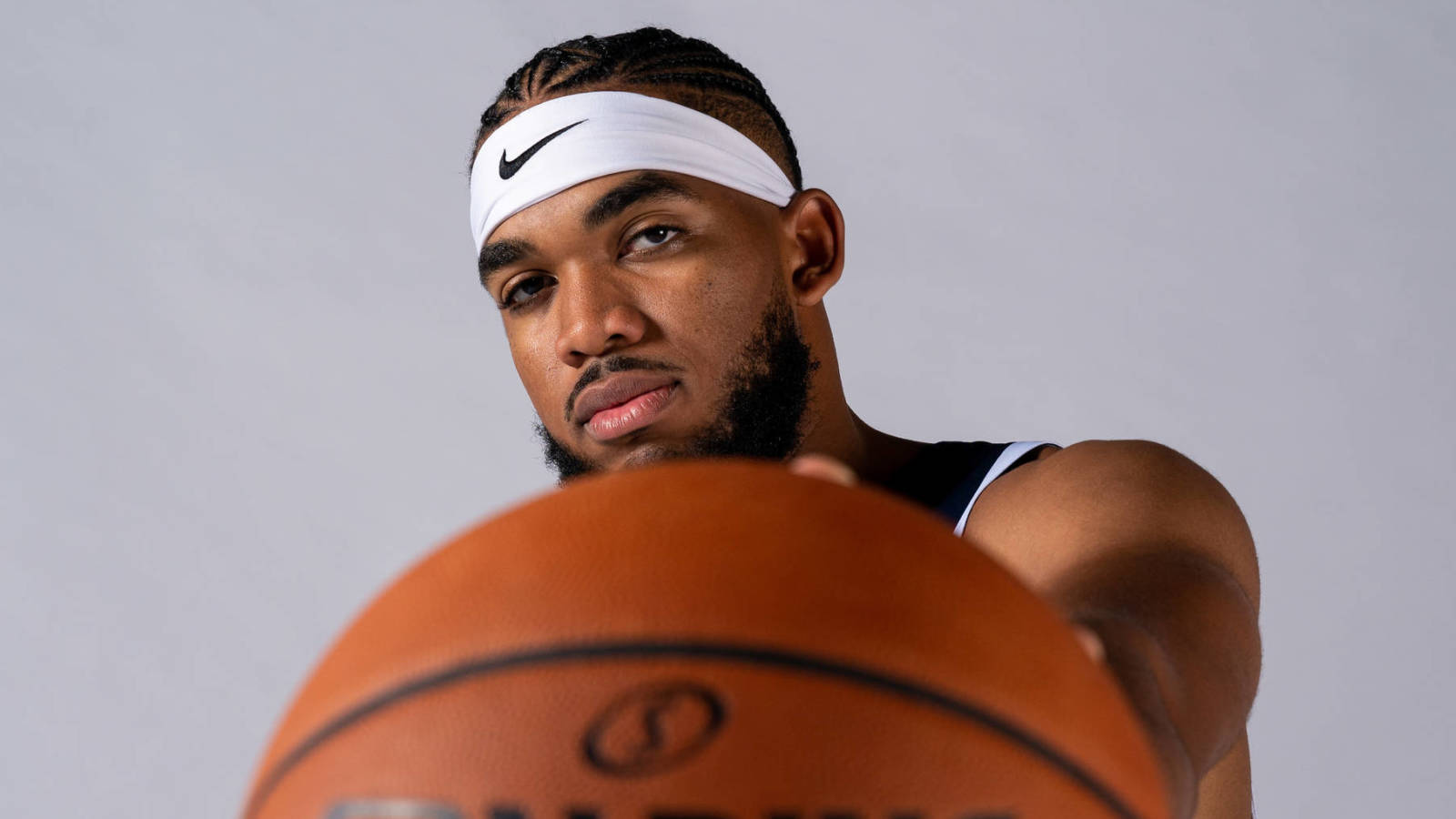
The MVP Leap
KARL-ANTHONY TOWNS, Minnesota Timberwolves
Towns was toast of the town and could seemingly do no wrong his first couple of seasons. In NBA GM Surveys in 2016-17 and 2017-18, the fifth-year player was the top choice for the “If you were starting a franchise today and could sign any player in the NBA, who would it be?” question. However, despite making an All-NBA team in 2017-18, he effectively disappeared in the playoffs and became an afterthought in the 2018-19 GM Survey. When last season started off poorly because of the ugly Jimmy Butler situation, everyone kind of forgot about Towns. No one seemed to notice that after Butler was traded in November, Towns averaged 25 points and 13 rebounds on 53-40-82 shooting. No one seemed to notice that Towns turned himself into an elite three-point shooter, making him the first unicorn big man with Splash Brother-like accuracy.
KAT has an opportunity to surprise people by reestablishing himself as one of the game’s best talents; he'll have no excuse for not doing so. The entire offense will revolve around him. He won’t have Tom Thibodeau running him into the ground. And he’ll have athletic, defensive-minded wings Robert Covington, Josh Okogie and Jarrett Culver protecting him on defense, helping him to conserve his energy. There’s no reason KAT shouldn’t average close to 30 points this season. If he does that and carries the T-Wolves to a surprise playoff berth, he’ll have made the MVP Leap.
More must-reads:
- Yardbarker's top-10 NBA MVP narratives, from Giannis to Simmons
- Disastrous or dynamic? Assessing critical NBA relationships
- The 'Active NFL game-winning-drives leaders' quiz
Breaking News
Trending News
Customize Your Newsletter
 +
+
Get the latest news and rumors, customized to your favorite sports and teams. Emailed daily. Always free!



